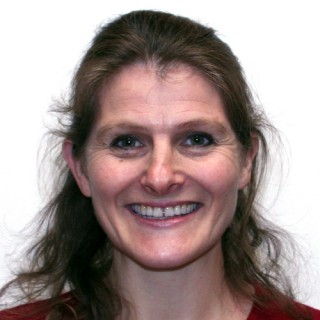In a recent article sharing lessons learned, Manaaki Whenua researcher Dr Melissa Robson-Williams and environmental management consultant and former Manaaki Whenua researcher Dr Ronlyn Duncan revisited the evaluation of its co-design process commissioned by BioHeritage in 2020.
“Doing co-design and co-production is challenging, resource intensive, and outcomes do not always translate into action,” says Melissa. “Evaluations of processes are needed to identify what enables and constrains ‘co’ efforts.”
The 2020 evaluation focused on the co-design process that established the foundations of BioHeritage’s Strategy 2019–2024. It identified nine foundations for co-design success: leadership commitment; financial resources; a realistic timeframe; organisational capacity; diverse, knowledgeable, and experienced participants; clear values, rules of engagement, and output expectations; power sharing; skilled facilitation; and a well-designed process.
Ronlyn and Melissa revisited the evaluation using co-design assessment principles and a knowledge governance conceptual framework. They identified BioHeritage’s values, and how they were put into practice, as a critical factor contributing to its co-design successes. It was also found that, through its values, BioHeritage has been fostering systemic change across Aotearoa New Zealand’s knowledge governance system. As such, it has been paving the way for the knowledge systems of mātauranga Māori and Western science to be brought together in authentic and equitable ways,” says Ronlyn. “We have identified its actions as values-inspired knowledge practices.”
“Serious efforts are being made in New Zealand to navigate the knowledge systems of mātauranga Māori and Western science,” says Ronlyn. “BioHeritage provides a useful example of how that can be done. It did something really unique, which is important for other people to know about.”
Their study also showed that while calls for research impact are shifting the relationship between science and society, the odds remain stacked against the acceptance of mātauranga Māori in a range of institutional spaces. “These are tricky issues,” Ronlyn says. “Acknowledging they exist is an important first step.”
“Evaluations of co-design processes make such an important contribution to the emerging co-design literature,” says Ronlyn. “Evaluations help us look back and understand how an intervention played out, and what difficulties were encountered and why.”
The researchers were optimistic that co-design and co-production could lead to more impactful research outcomes by producing shared knowledge through purposefully designed collaborative processes or encounters.
Key contact

